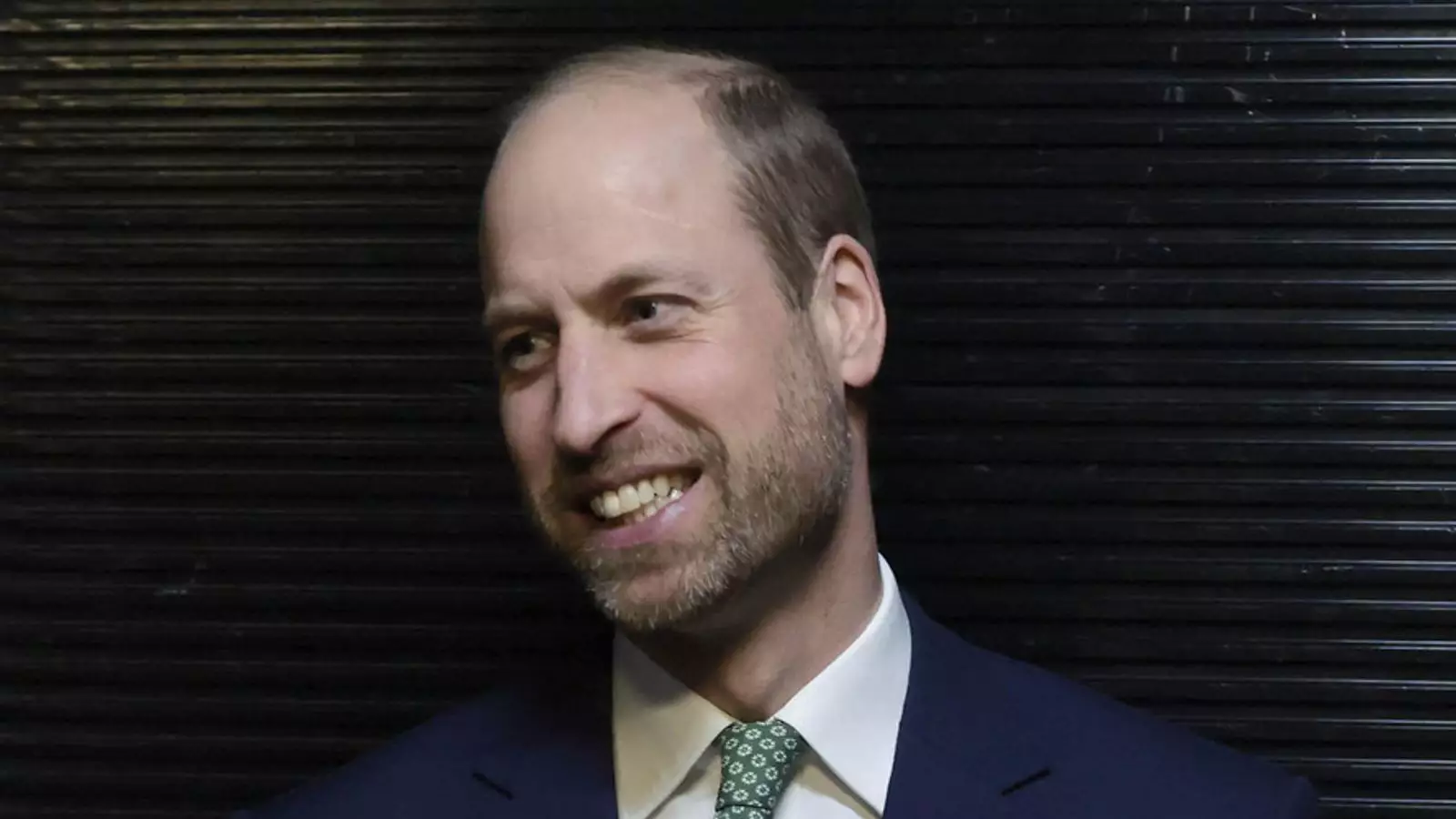In a world characterized by rapid change and evolving social norms, the British monarchy finds itself at a critical juncture. Prince William, the Duke of Cambridge and the future monarch, has articulated a vision that reflects both a personal commitment to modern leadership and an acknowledgment of the shifted expectations of his generation. During a recent visit to South Africa, he candidly discussed the need for a more “empathetic” monarchy, suggesting that his approach may involve a diminished emphasis on the traditional, hierarchical elements that have historically defined royal duties.
This approach is exemplified by his reference to engaging with the public and the world at large through “impact philanthropy” and collaboration. In doing so, William signals a strategic pivot away from traditional royal engagements, aiming instead to foster genuine connections with communities and address pressing global issues through tangible action. His phrase “doing it differently” encapsulates the necessity for the monarchy to remain relevant in an increasingly skeptical public sphere.
Prince William’s emphasis on empathy in leadership reflects a broader societal trend that prioritizes emotional intelligence and compassion. He underscores the importance of understanding people’s struggles and actively contributing to solutions that enhance their lives. This sentiment resonates strongly in today’s context, where empathy is not merely an attribute but a requirement for effective leadership, especially during turbulent times.
His focus on socio-environmental initiatives, particularly through the Earthshot Prize, illustrates a commitment to addressing climate change and social welfare. By framing his royal engagements within the context of actionable change, he is appealing to a younger audience that is increasingly aware of and concerned about global challenges. This move is both strategic and meaningful, as it aligns with the values of advocacy and responsible stewardship that many modern citizens champion.
In addition to his professional ambitions, Prince William has not shied away from discussing the personal difficulties he has faced over the past year. The emotional toll of his family members’ health concerns, as well as the demands of royal life, have added layers to his public persona. By openly addressing these challenges, he creates a relatable image, breaking down the barriers that have traditionally separated the royal family from the public. This candidness paves the way for a new narrative: one where vulnerability is not a weakness but a strength that informs compassionate leadership.
William also hinted at future endeavors involving collaborative efforts with his wife, Kate. As the couple looks to engage more actively in royal work, they could set the stage for a renewed royal presence that prioritizes visibility and relatability. However, William remains attentive to the needs of his family, particularly prioritizing his children’s education, which reflects a balance between duty and familial responsibility.
As Prince William prepares to take on greater responsibilities, the world watches closely. His vision for a monarchy that is less about formality and more about connection represents a transformative approach. It signals a potential rebranding of royal duties—from mere ceremonial functions to genuine leadership roles that champion social good.
Ultimately, the success of this new direction hinges on the ability to inspire trust and engagement with the public. By championing empathy and action, William endeavors to position the monarchy as a proactive force for change in contemporary society, redefining its role for generations to come. The evolution of royal duties under his guidance may well catalyze a renewed sense of purpose for the royal family—one that resonates with the aspirations and challenges of the modern world. In this light, Prince William does not merely inherit a legacy; he is actively curating a future that aligns with the hopes of a younger demographic craving authenticity and accountability from their leaders.


Leave a Reply